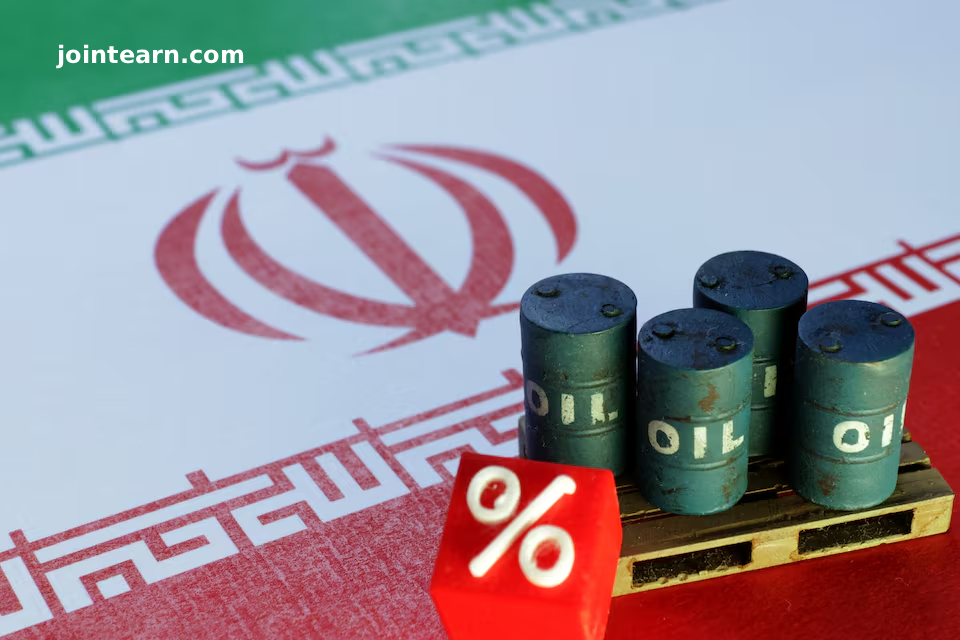
Singapore, October 29, 2025 – Discounts on Iranian crude oil offered to China have reached their widest level in over a year, driven by tightening sanctions on Iran and Russia, combined with a shortage of crude import quotas for independent Chinese refiners.
Trade sources reported on Wednesday that recent sanctions imposed by the United States, the United Kingdom, and the European Union on top Russian oil producers have further complicated the global oil market. These measures are designed to pressure Russian President Vladimir Putin over the ongoing Ukraine conflict. The restrictions have prompted buyers in both China and India, two of Russia’s largest oil importers, to pause purchases. This has caused a sharp decline in Russian crude prices, while excess Russian shipments have added pressure to the already abundant Iranian oil supplies.
Disruptions and Sanctions Impact
The sanctions come on top of prior U.S. measures targeting entities involved in Iranian oil trade, including four Chinese refiners, ports, and shipping vessels. Traders said the combination of sanctions and logistical disruptions has created a climate of uncertainty, leaving the market “directionless.”
A China-based trader explained: “There was just too much supply, and the market is directionless,” highlighting the current challenges faced by refiners in securing Iranian crude under strict regulatory oversight.
Iranian Crude Discounts and Market Dynamics
Offers for Iranian Light crude slipped to discounts exceeding $8 per barrel against the ICE Brent benchmark for December arrival, up from around $6 in September and $3 in March. Buyers pushed bids to approximately $10 per barrel lower than Brent to offset sanctions risks and potential challenges at Chinese ports during cargo discharge.
According to Kpler data, Iranian oil imports accounted for about 14% of China’s total crude imports but fell to 1.2 million barrels per day in September, the lowest level since May and below the 1.38 million bpd average for 2025. The decline is largely attributed to the quota system for independent refiners, most of which had exhausted their allocations by the end of September.
Looking Ahead: Quotas and Supply Management
Refiners are anticipating the possibility that Beijing will issue fresh import quotas in November, a practice followed in previous years. Meanwhile, the global oil market remains closely watchful of how sanctions, quota limits, and logistical constraints will shape Iranian and Russian crude flows.
Russia’s second-largest oil producer, Lukoil, recently announced plans to sell its international assets, adding another layer of complexity to global crude trade dynamics. Traders and analysts predict that buyers will continue to negotiate steep discounts on Iranian crude while managing risks associated with sanctions and supply chain uncertainties.


Leave a Reply